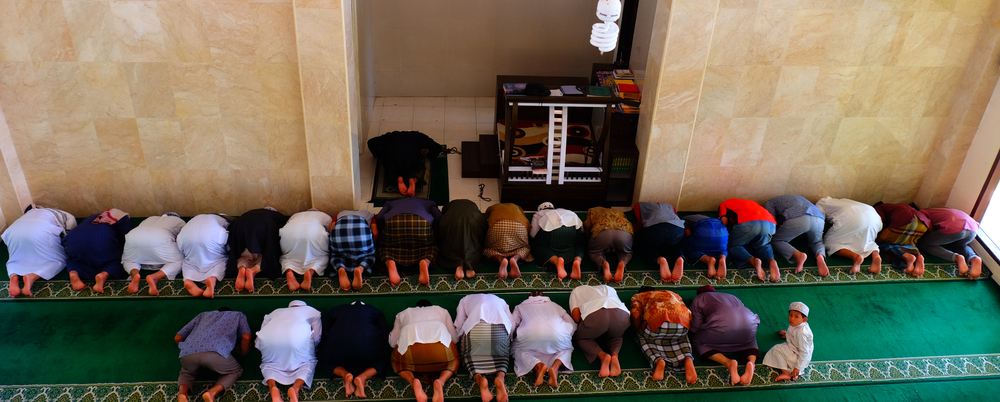Is There Any Short Form of Prayer Until One Learns Full Prayer?
Hanafi Fiqh
Answered by Shaykh Yusuf Weltch
Question
My question is regarding the prayer. Is there any abridged form of doing the daily prayers until I learned the proper form? I learned about doing an abridged form using some short recitations along with the movement, like saying SubhanAllāh (سبحان الله ), Alhamdulillāh (الحَمْد لله), and Allāh Akbar (الله أكبر).
Answer
In the Name of Allah, the Most Merciful and Compassionate.
The amount of recitation of the Quran that is obligatory in the prayer is one verse made up of at least two words (or its equivalent in amount). [Shurunbulali, Maraqi al-Falah]
Thus if one is incapable of doing the prayer in its full form, such as a convert who has not yet learned, they can take this dispensation and instead one could say SubhanAllah; or Alhamdulillah; or Allah Akbar; or the like, as these are all found in the Quran as well.
Due to inability the necessary act of reciting al-Fatiha and another chapter falls off. [Burhani, al-Muhit]
With that being said, memorizing that amount of Quran (i.e. one verse) with which one can pray a valid prayer is an individual obligation. Memorizing, thereafter, the Fatiha and a chapter (whatever chapter it may be-the smallest being al-Kawthar) is necessary for every Muslim. [Shurunbulali, Maraqi al-Falah]
The same aforementioned rulings would apply to the other necessary parts of the prayer such as the tashahhud supplication. It is necessary for one to do one’s best to learn the supplication but in the mean time one can suffice with invocations such as, SubhanAllah or Alhamdullilah or the like.
Hope this helps
Allah A’lam
[Shaykh] Yusuf Weltch
Checked and Approved by Shaykh Faraz Rabbani
Shaykh Yusuf Weltch is a teacher of Arabic, Islamic law, and spirituality. After accepting Islam in 2008, he then completed four years at the Darul Uloom seminary in New York where he studied Arabic and the traditional sciences. He then traveled to Tarim, Yemen, where he stayed for three years studying in Dar Al-Mustafa under some of the greatest scholars of our time, including Habib Umar Bin Hafiz, Habib Kadhim al-Saqqaf, and Shaykh Umar al-Khatib. In Tarim, Shaykh Yusuf completed the memorization of the Qur’an and studied beliefs, legal methodology, hadith methodology, Qur’anic exegesis, Islamic history, and a number of texts on spirituality. He joined the SeekersGuidance faculty in the summer of 2019.
